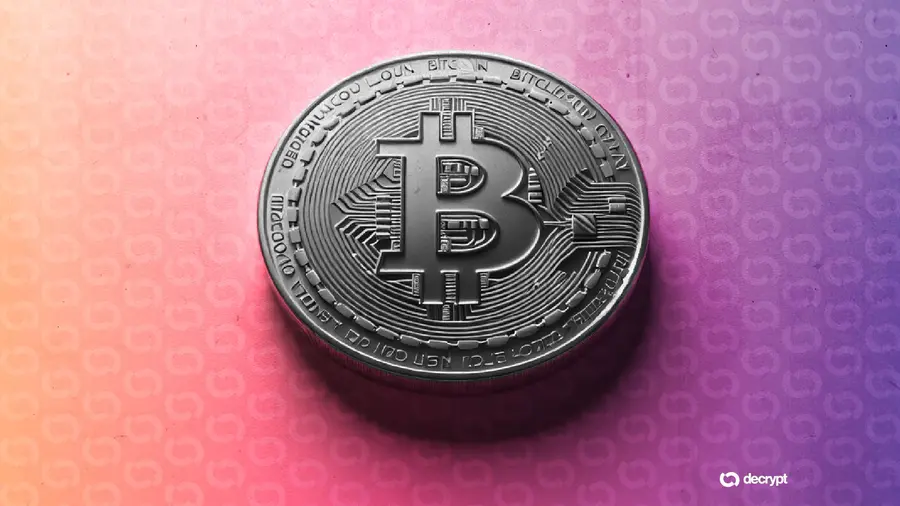
End of U.S. Shutdown Brings Uncertainty for Bitcoin as Jobs Data Goes Missing
Bitcoin Faces Uncertainty as Key U.S. Economic Data Goes Missing
Bitcoin and financial markets are facing major uncertainty after the White House confirmed that October’s important inflation (CPI) and jobs data will not be released. This missing information makes it harder for the U.S. Federal Reserve to decide on its next monetary policies.
White House press secretary Karoline Leavitt said Wednesday that the Democrats may have permanently damaged the U.S. statistical system, as the October reports are “likely never being released.” She added that this will leave policymakers “flying blind” during a crucial time for the economy.
The issue stems from the longest U.S. government shutdown in history, caused by disagreements over extending certain tax credits that help Americans pay for health coverage.
On Wednesday, the House of Representatives passed a bill to reopen the government, following the Senate’s approval earlier in the week. President Donald Trump has now signed it into law.
However, the lack of jobs and inflation data has already shaken the markets. “This blackout increases both uncertainty and importance of the next data release,” said Adam Chu, chief researcher at GreeksLive.
According to CoinGecko, Bitcoin fell 1.1% in the past 24 hours, trading around $102,100, and has dropped about 10% over the past week.
Prediction markets also show growing caution. On Myriad, a platform owned by Decrypt’s parent company Dastan, the odds of Bitcoin reaching $115,000 before $85,000 fell from 61.4% to 58.8% in just one day.
This uncertainty also affects interest rate expectations. Analysts now see only a 50% chance that the Fed will cut rates by 0.25% in December, compared to stronger expectations earlier.
With no new economic data, markets are now navigating in the dark.
“In this kind of data vacuum, assets like Bitcoin become more volatile,” said Tim Sun, senior researcher at HashKey. “Trading will be more emotional and harder to sustain in a strong uptrend.”
He added that this situation puts Fed Chair Jerome Powell in a tough spot. Since the Fed relies heavily on data, it may now adopt a cautious or risk-management approach to avoid policy mistakes.













































